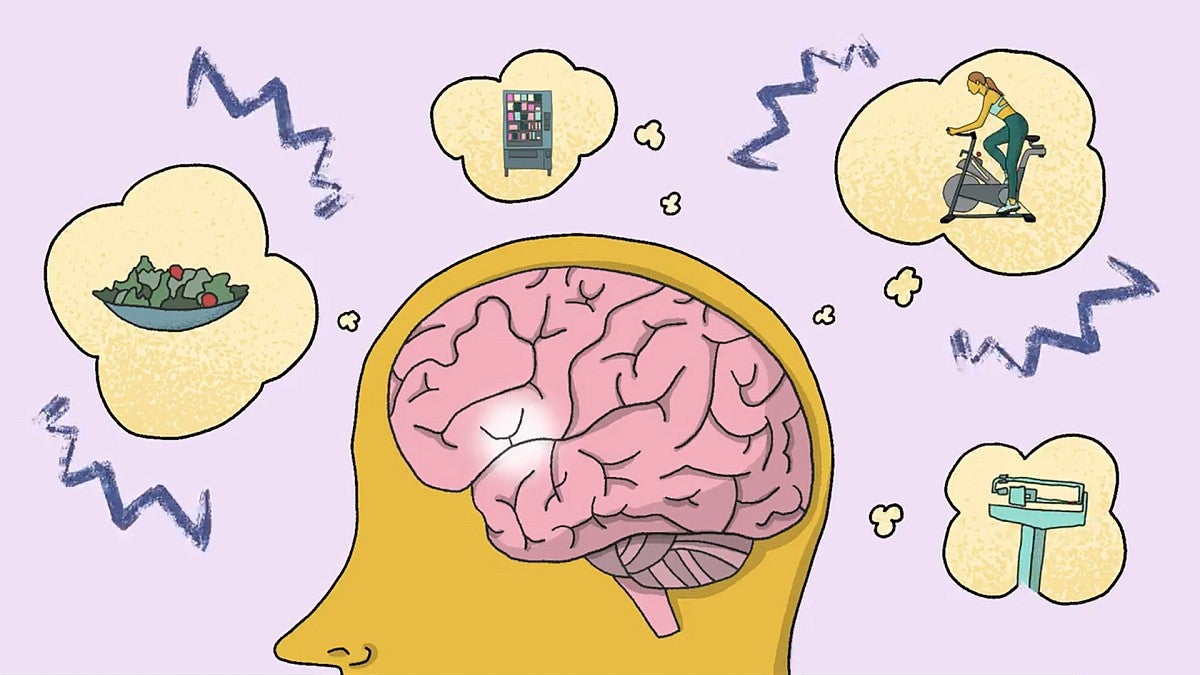A workshop developed by University of Oregon researchers shows promise in reducing bias against people with larger bodies in the workplace, according to a new study.
Weight-based discrimination, negative and unfair treatment of people with larger bodies, is common, researchers from the College of Education said. Yet there is a lack of research on broad-scale strategies to reduce it.
The UO study’s findings were published recently in the journal Evaluation and Program Planning.
Nearly 100 participants at the UO took part in a three-hour remote training using the university’s existing technology to deliver professional development content.
“Participants felt the training aligned with the university’s goal to create more inclusive workspaces and provided a missing piece in the conversation about discrimination and inclusivity,” said Nichole Kelly, first author and Evergreen Associate Professor in counseling psychology and human services in the UO College of Education.
The study’s results showed a significant reduction in explicit biases, which are biases an individual is aware of, as well as in implicit biases, or those people aren’t aware of. The study also showed a reduction in participants applying negative stereotypes to themselves, a process known as weight bias internalization.
“That finding is especially important because internalizing these biases is most closely linked to poorer mental and physical health,” Kelly said.
The researchers’ next step is to conduct a clinical trial to confirm that the positive effects are attributed to the training. Then they could tailor the material for the needs of various employers and roll it out on a broader scale.
“There’s great potential to expand this work to many employers,” Kelly said. “Any employer that cares about creating inclusive spaces and supporting employee health and well-being has incentive to add this type of training to their professional development offerings.”
Kelly collaborated on the study with Elizabeth Budd, Evergreen Associate Professor in counseling psychology and human services at the UO; Maggie Osa, a research associate at the UO’s Prevention Science Institute; and doctoral candidates and other researchers with ties to the UO, including Gabriella Luther, Claire Guidinger, Austin Folger, Gina Williamson and Juliana Esquivel.
They were surprised to find so little research on weight-based discrimination trainings in the workplace. Work ranks second, behind home, as the most common place where people experience this type of discrimination. Half of the adults with larger bodies recruited for a national weight-loss support group reported they experienced weight discrimination from their co-workers and 43 percent from their supervisors, according to an earlier study.
However, no federal law prohibits weight discrimination in the United States. But the state of Michigan and more than a half-dozen cities from San Francisco to Washington, D.C. have adopted laws of their own.
Even for employers without legal requirements, the training can contribute to a positive workplace culture that supports healthier, happier employees, Kelly said.
Participants in the workshop strongly agreed that it contributed to a more inclusive work environment and was highly needed and liked.
Initially, the researchers had planned to present the workshop in person, but because of COVID-related restrictions they delivered it via Zoom. Over six months, from December 2020 to May 2021, 94 participants attended six sessions. The curriculum included slides, workbooks, personal reflections, and small and large group discussions.
The researchers will continue to deliver the training remotely because study participants said they preferred that format, which provided body anonymity.
In response to requests for trainings on the topic, Kelly and Budd founded ReDefine Health Promotion LLC to help organizations promote health and well-being. More information about their business is available in an article from the UO Office of the Vice President for Research and Innovation.
— By Sherri Buri McDonald, University Communications
This research was funded by a Faculty Research Award and the Challenge Fund from the UO Office of the Vice President for Research and Innovation.


